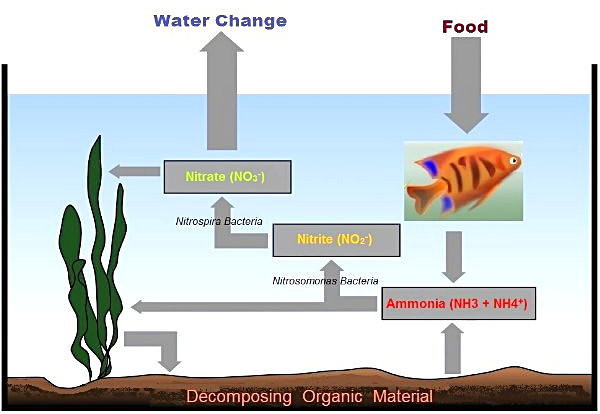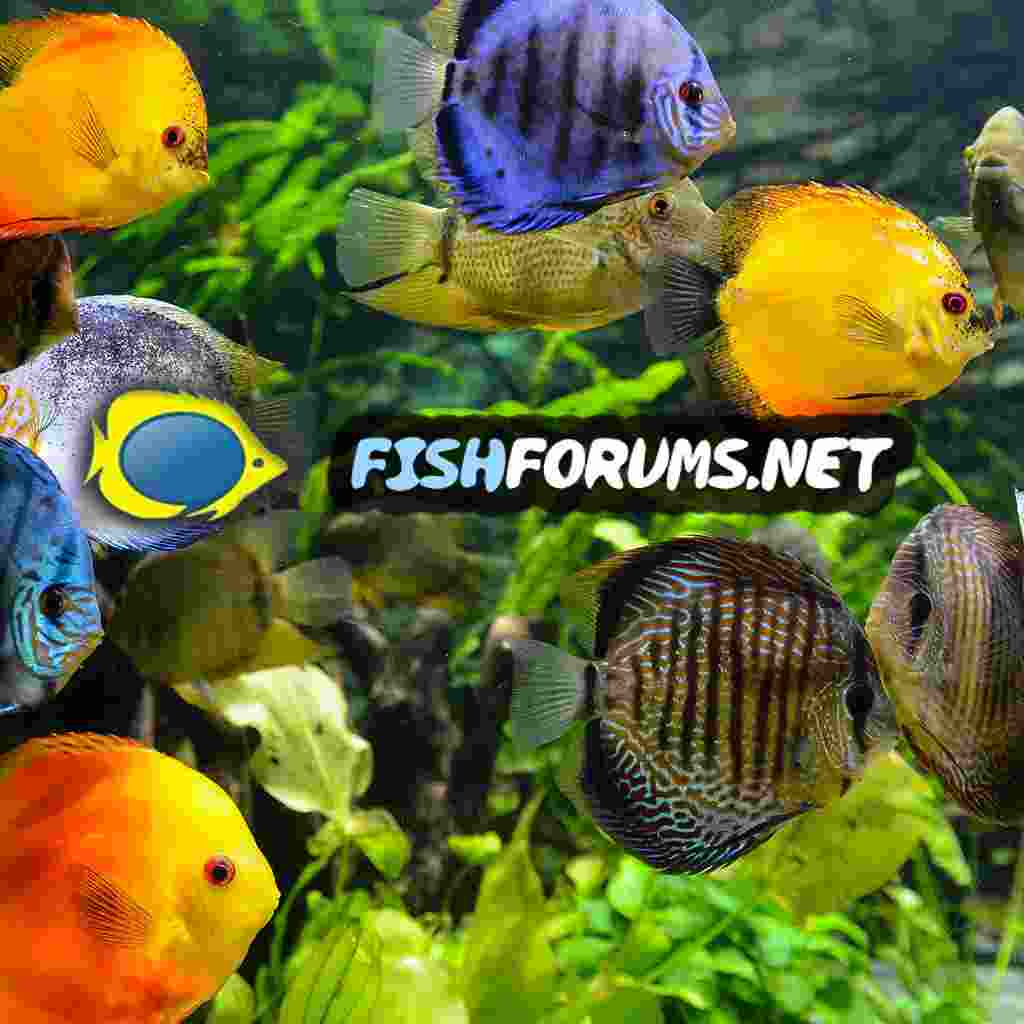Beth_obrien2424
Fish Fanatic
Okay, so I have been posting a lot on here recently because breeding is a topic I am not familiar with. It Is new to me and I want to learn and do what’s best for the fish.
Recently, my female molly had 8 fry. I also was accidentally given 2 guppy fry and a mystery fry in the bag when I bought some other fish.
I had all of these fry in a tank I had spare as this was very unexpected. However, I think the tank was too large and I couldn’t control the water quality for such tiny fish as they kept dying. So I moved them into a large breeder box back in my main tank (I only have 3 molly left but the 3 from the pet shop survived)
so my question, when are fry big enough for water quality not to be an issue? I had the small tank cycled, so I’m not sure what went wrong.
the issue being, my brother bought a tank that is currently cycling and is going to have 2 of the molly fry and the 2 guppy fry. So when are they big enough for them to go in his tank?
the others are going in my community tank when big enough not to get eaten, so there isn’t an issue there.
Recently, my female molly had 8 fry. I also was accidentally given 2 guppy fry and a mystery fry in the bag when I bought some other fish.
I had all of these fry in a tank I had spare as this was very unexpected. However, I think the tank was too large and I couldn’t control the water quality for such tiny fish as they kept dying. So I moved them into a large breeder box back in my main tank (I only have 3 molly left but the 3 from the pet shop survived)
so my question, when are fry big enough for water quality not to be an issue? I had the small tank cycled, so I’m not sure what went wrong.
the issue being, my brother bought a tank that is currently cycling and is going to have 2 of the molly fry and the 2 guppy fry. So when are they big enough for them to go in his tank?
the others are going in my community tank when big enough not to get eaten, so there isn’t an issue there.



